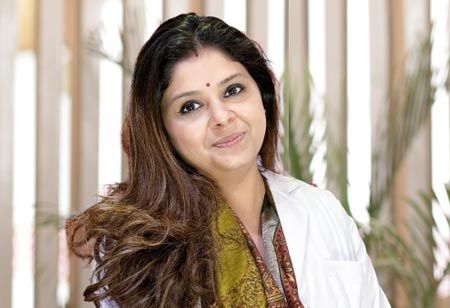India Pharma Outlook Team | Monday, 04 August 2025

Medical experts are sounding the alarm over a sharp increase in male infertility in India, now estimated to affect 27.5 million men and contribute to 40–50% of overall infertility cases.
With the UNFPA 2025 State of World Population report showing India’s fertility rate has dropped to 1.9 children per woman, doctors warn of a silent but significant public health issue driven by lifestyle disorders, stress, pollution, and declining sperm quality.
Infertility in India is still largely perceived as a woman’s concern, leading to delayed diagnosis and treatment in men, say specialists. They highlight that timely medical evaluation, genetic testing, and access to modern reproductive technologies can dramatically improve outcomes for couples facing male factor infertility.
Also Read: Mens Wellness in India Shifts to Holistic Supplements and Advanced Manufacturing
A recent case at Seeds of Innocens, a chain of fertility and IVF centers in India and abroad, underscores the potential of early intervention and evidence-based treatment. A couple struggling with primary infertility caused by azoospermia (a condition where no sperm is present in the ejaculate) became biological parents through IVF after years of failed attempts. Genetic testing via the Y chromosome microdeletion test revealed that key AZF gene regions were intact, providing hope despite the male partner’s zero sperm count and abnormalities in the seminal vesicle and epididymis. Guided by this diagnosis, doctors successfully performed a surgical sperm retrieval procedure, followed by IVF treatment that ultimately led to a positive pregnancy scan.
“India is witnessing a worrying decline in fertility rates, and male infertility is emerging as a major contributor to this shift. Through innovations such as early stage genetic testing, home-based IVF, virtual consultations, and at home semen analysis, we are reducing barriers of stigma, distance, and accessibility, helping couples get timely support. Such approaches empower men to be active participants in the fertility journey and significantly improve chances of conception,” said Dr. Gauri Agarwal, Founder, Seeds Of Innocens.
Commenting on the breakthrough case, Dr. Ranjana Mishra, Senior Consultant, Medical Genetics, added, “This azoospermia case demonstrates the remarkable outcomes possible when advanced diagnostics, genetic evaluation, and targeted surgical interventions are combined. Identifying the presence of viable sperm-producing regions despite azoospermia allowed doctors to retrieve sperm surgically and achieve a successful pregnancy. It highlights the importance of early, evidence-based diagnosis in even the most challenging situations.”
Also Read: The Evolution of In-Vitro Diagnostics: Trends and Future Prospects
As India’s fertility landscape evolves, technology driven solutions – including personalized treatment plans are helping more couples overcome infertility. Specialists stress that early adoption of genetic testing for conditions like beta-thalassemia and other hereditary disorders is key to improving reproductive outcomes and enabling couples to make informed choices.
Success stories like these reflect how advanced reproductive science and patient centric care are redefining possibilities for couples struggling with infertility, particularly men.